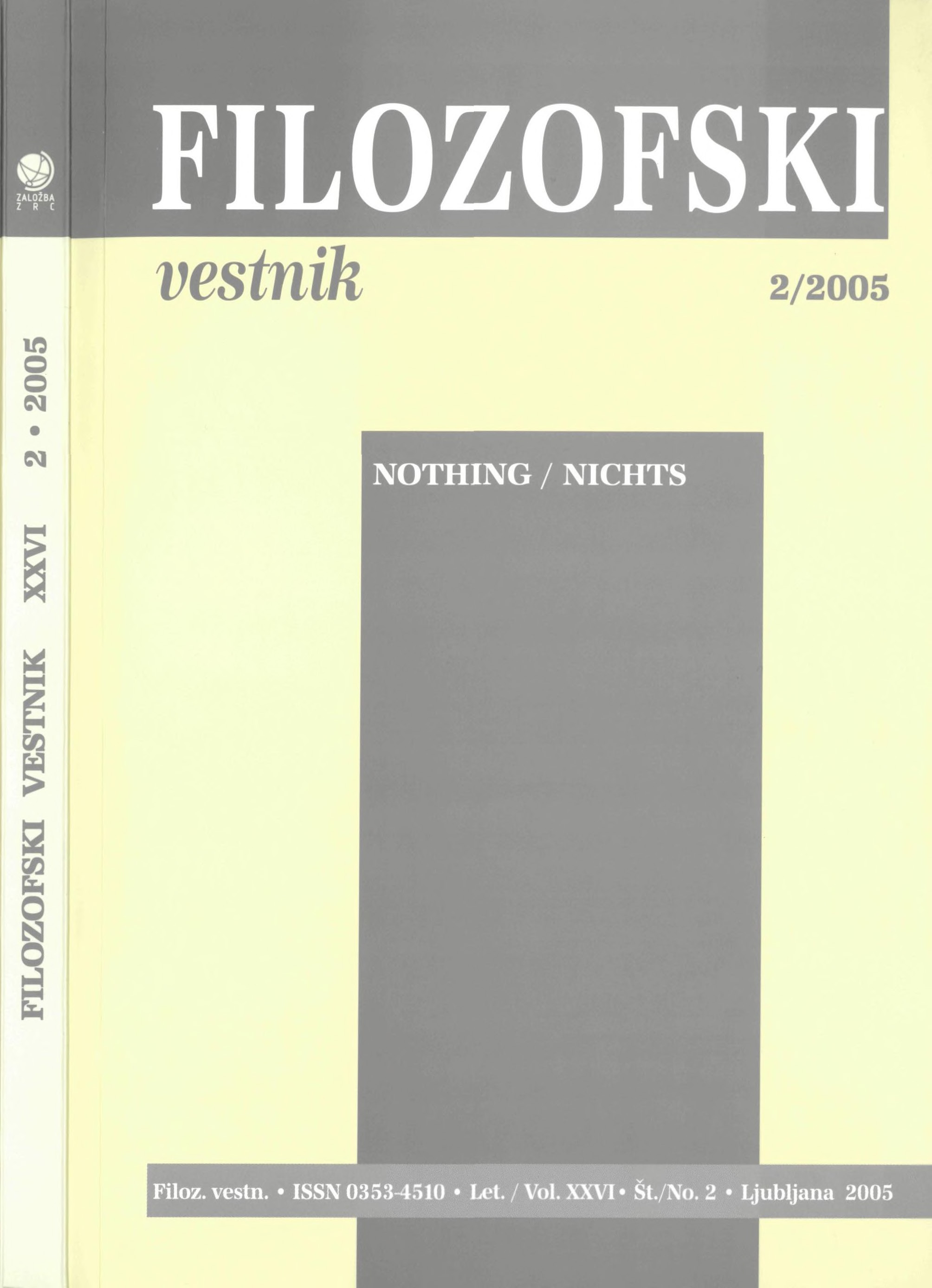Lacan and Badiou: Logic of the Pas-Tout
Povzetek
The fact that statements about "nothing" are, or are always equivalent to, a universal statement raises the question of a non-universalizable, non-completable nothing. Lacan’s pas-tout is an attempt to logically capture this incompleteness that can never be completed. While the pas-tout is relevant to the field of sexuation, its logic can be considered independent of it. This logic is, of course, a "deviant" logic, and for this reason raises questions about how it is to be interpreted. Alain Badiou criticizes Lacan for adopting a pre-Cantorian attitude towards the infinite and for advocating the strictures of intuitionism. I argue that Lacan is not an intuitionist but a constructivist about mathematics. I also consider Jacques-Alain Miller’s suggestion that Lacan’s pastout can be considered a variant of the Aristotelian negative particular statement, "Not all As are B" or "Not every A is B".Prenosi
Podatki o prenosih še niso na voljo.
Prenosi
Objavljeno
2005-01-01
Kako citirati
Grigg, R. (2005). Lacan and Badiou: Logic of the Pas-Tout. Filozofski Vestnik, 26(2). Pridobljeno od https://ojs.zrc-sazu.si/filozofski-vestnik/article/view/3144
Številka
Rubrike
Nothing on the Couch
Licenca
Avtorji jamčijo, da je delo njihova avtorska stvaritev, da v njem niso kršene avtorske pravice tretjih oseb ali kake druge pravice. V primeru zahtevkov tretjih oseb se avtorji zavezujejo, da bodo varovali interese založnika ter da bodo povrnili morebitno škodo.
Podrobneje v rubriki: Prispevki





